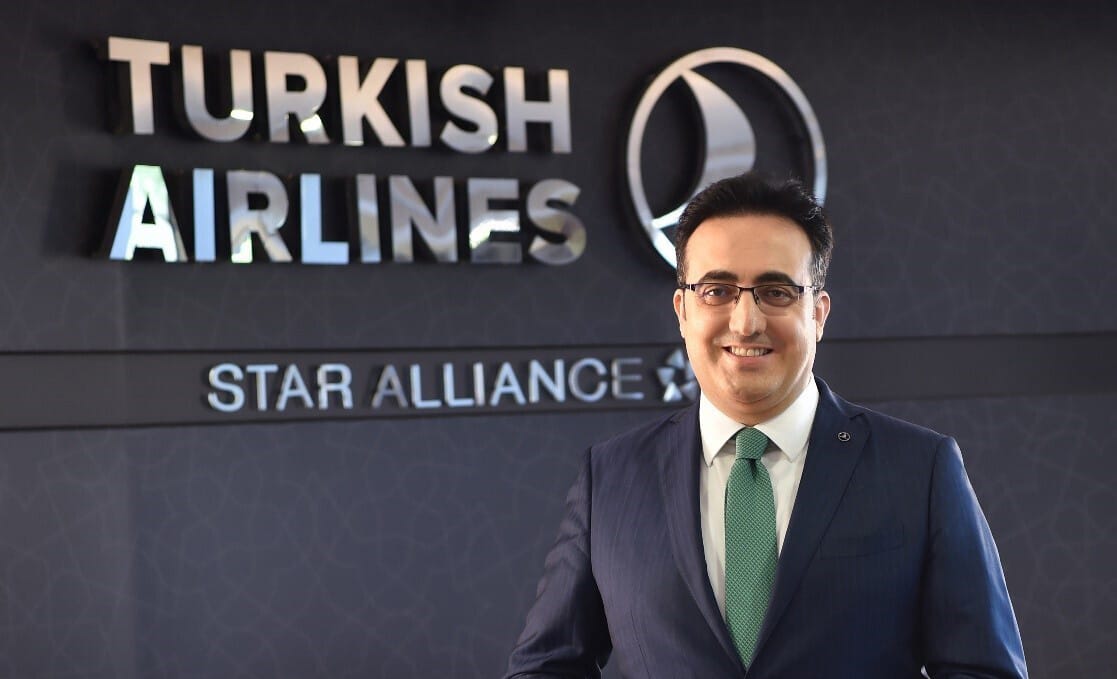As chairman of Turkish Airlines, Ilker Ayciturned the companyinto one of the world’s most profitable but decided not to become CEO of Air India after initially accepting.

Air India, popularly known as the “maharaja of the skies” due to its princely status, is back in the fold of Tata group after 69 years. Founded as Tata Airlines in 1932 and renamed Air India in 1946, the company was nationalized in 1953. Tata is acquiring the airline at a time when it is incurring losses of nearly $2.6 million every day and accumulated losses are running over $9.5 billion.
The Tata scions named Ilker Ayci, 51, as chief executive officer and managing director on February 14. Born in Istanbul in 1971, Ayci graduated from the Department of Political Science and Public Administration and earned a master’s in degree international relations from Marmara University in Istanbul. He is fluent in Turkish, English and Russian.
Ayci has held several high-profile positions, including as CEO of several insurance companies and as chairman of the World Association of Investment Promotion Agencies. He served as an adviser to Recep Tayyip Erdogan back when the Turkish president was just a mayor.
But perhaps most relevant, as chairman of Turkish Airlines, he converted the loss-making airline into one of the world’s most profitable. Covid pushed the Turkish airline into losses of $836 million in 2020, but it returned to profitability in the first nine months of 2021 thanks to Ayci’s strategy. Writing in CEO World Magazine, Ayci said his airline had achieved “what most other airlines could not” in terms of cutting costs and expenditures during the pandemic.
“Ilker is an aviation industry leader who led Turkish Airlines to its current success,” said Tata Group Chairman N. Chandrasekaran, commenting on IIker’s appointment. “We are delighted to welcome Ilker to the Tata Group, where he will lead Air India into the new era.”
Ayci was slated to become CEO of Air India on April 1 but declined to take the position after backlash by Hindutva activists who objected to his past association with Erdogan and potential ties to the Turkish government, which India has strained relations with.
“As a business leader who has always prioritised professional credo … I have come to the conclusion that it would not be a feasible or an honorable decision to accept the position in the shadow of such narrative,” Ilker wrote in a statement explaining why he ultimately decided not to take the position.
Air India’s search for a CEO to turn the company around begins anew. Whoever takes the job will have to tackle strong labor unions while reducing debt and rebuilding the brand’s reputation and address key areas of focus outlined by Chandrasekaran: creating a high standard of customer service, introducing cutting-edge technology, fleet modernization and improving hospitality. A tall order, to be sure.



